They Live By Night (1948)
“I like opening my eyes and seeing you.”
|
Synopsis: |
|
Genres, Themes, Actors, and Directors:
Review: Ray effectively portrays a hard-edged world in which the future happiness of a young criminal (Granger insists he was innocent when sent to jail as a teenager) is dependent on his collaboration with career-long crooks, who have no interest in giving up their life of crime, and ineluctably draw Granger back in time and again. O’Donnell, meanwhile, has been stuck living with criminals her entire life: … and is naively desperate for a viable chance at romance and a “normal” life. Of course, everything about their courtship and marriage is tinged by the inevitable fatality of living life on the lam, so we mostly watch their travails with a sense of sadness and doom. The film is atmospherically shot throughout, presenting a shadowy world of criminality and deception, but also moments of tentative intimacy. O’Donnell’s loyalty to Granger exists in parallel with that of Helen Craig’s Mattie, who will stop at nothing to secure the funds needed to free her own man, and plays a pivotal role in the film’s resolution. Other supporting performances are strongly drawn as well — most notably Howard Da Silva as malicious yet insecure one-eyed Chickamaw: … Ian Wolfe as a man used to marrying couples under all kinds of hurried circumstances: … and Byron Foulger as an innkeeper eager to tutor his young son (Teddy Infuhr) in the ways of his craft. Many have pointed out that this film bears similarities to Fritz Lang’s You Only Live Once (1937), and it is also often cited as the forerunner to Bonnie and Clyde (1967) — but Ray brings his own unique sensibility to the genre of “criminal couples on the run”; this one remains worth a look. Redeeming Qualities and Moments:
Must See? Categories
Links: |
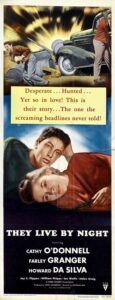
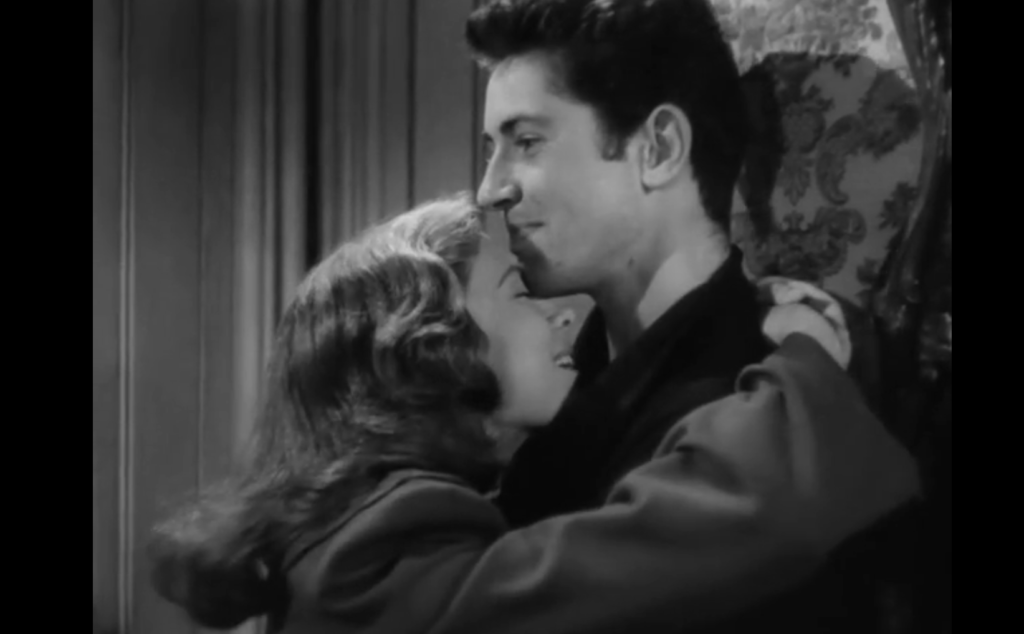
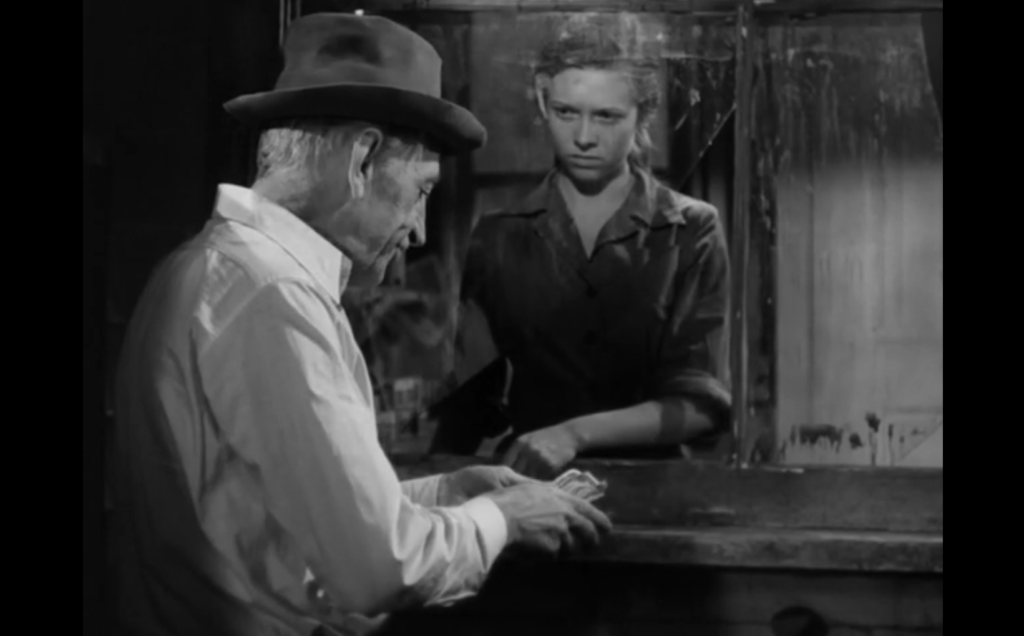
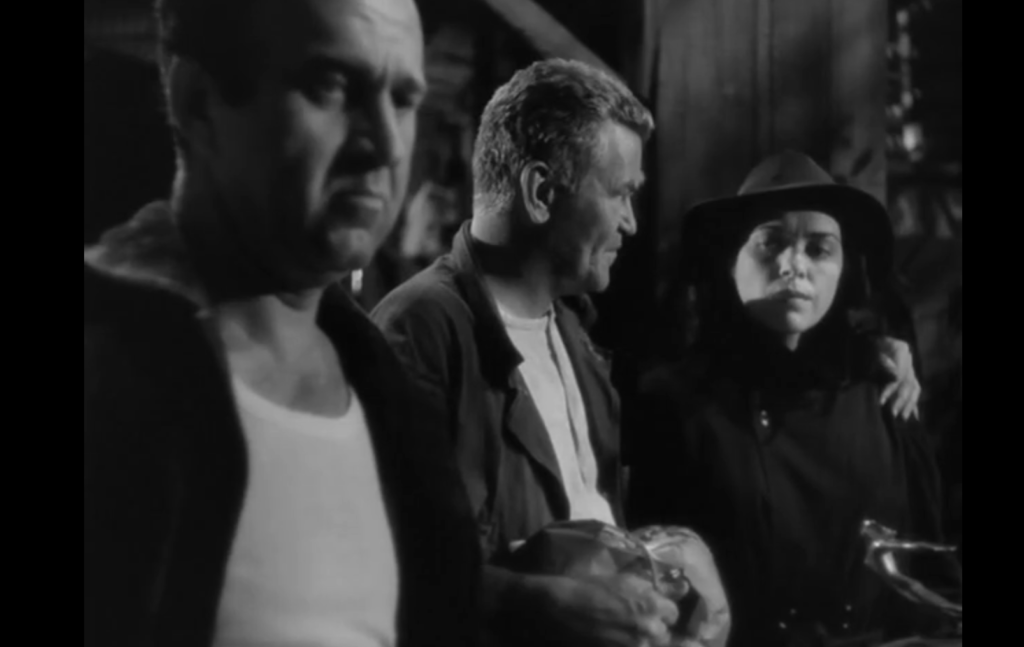
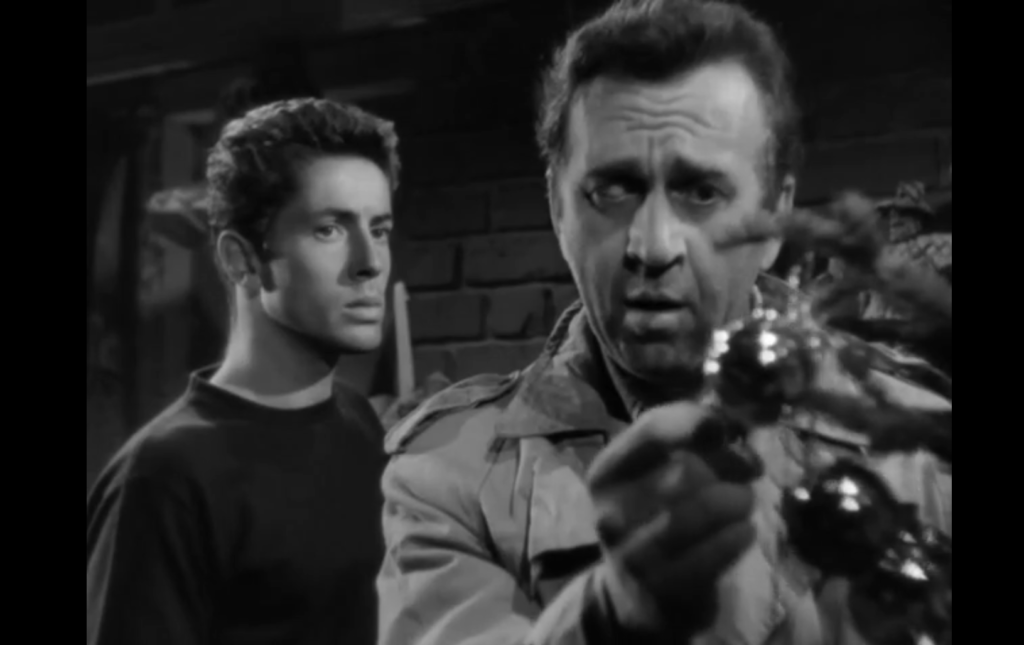
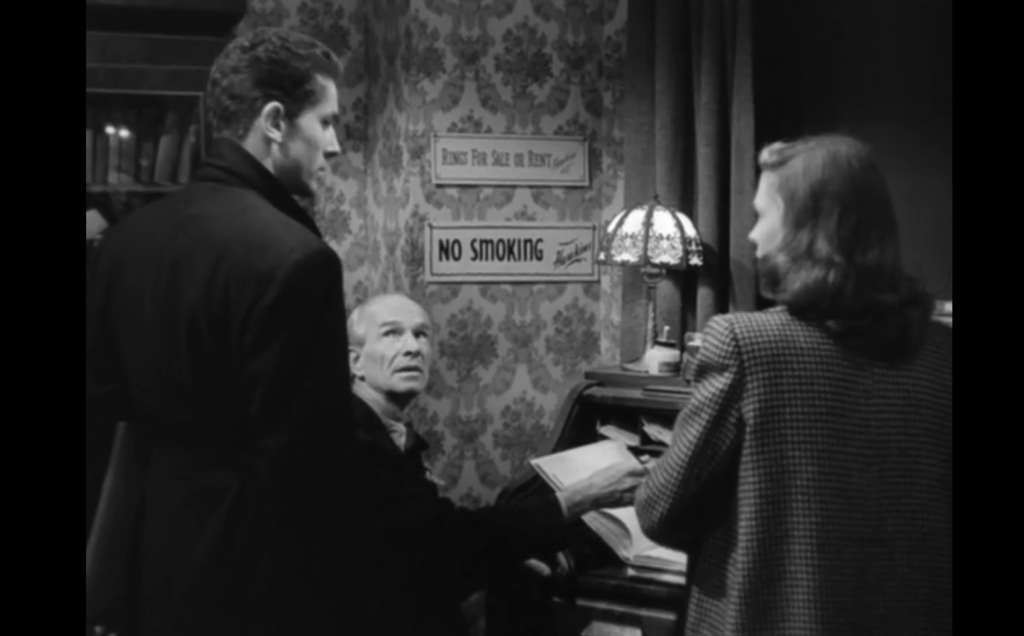
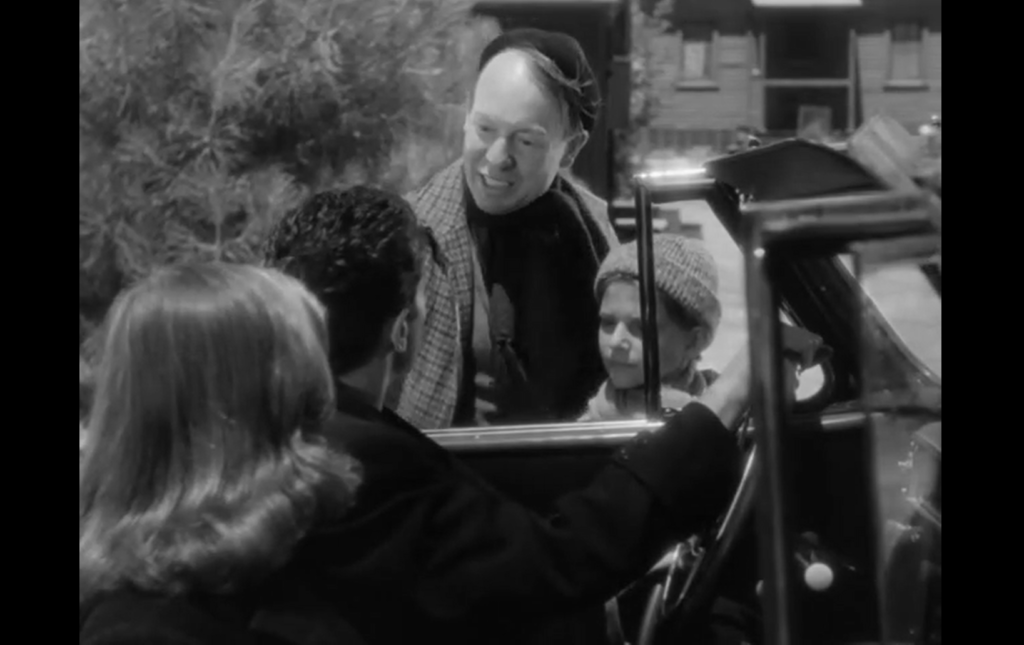
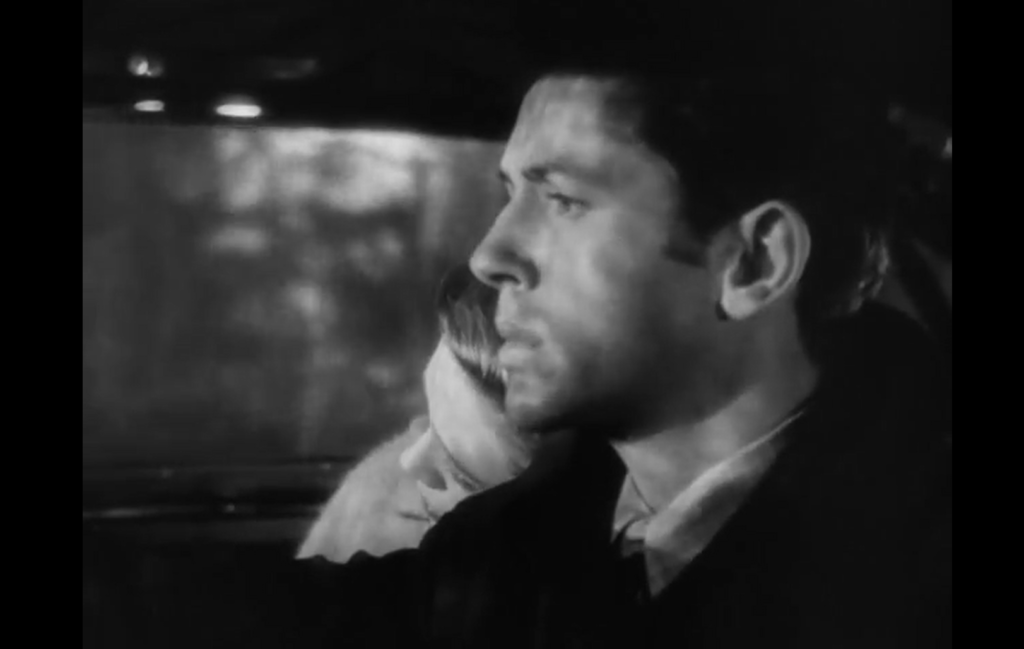
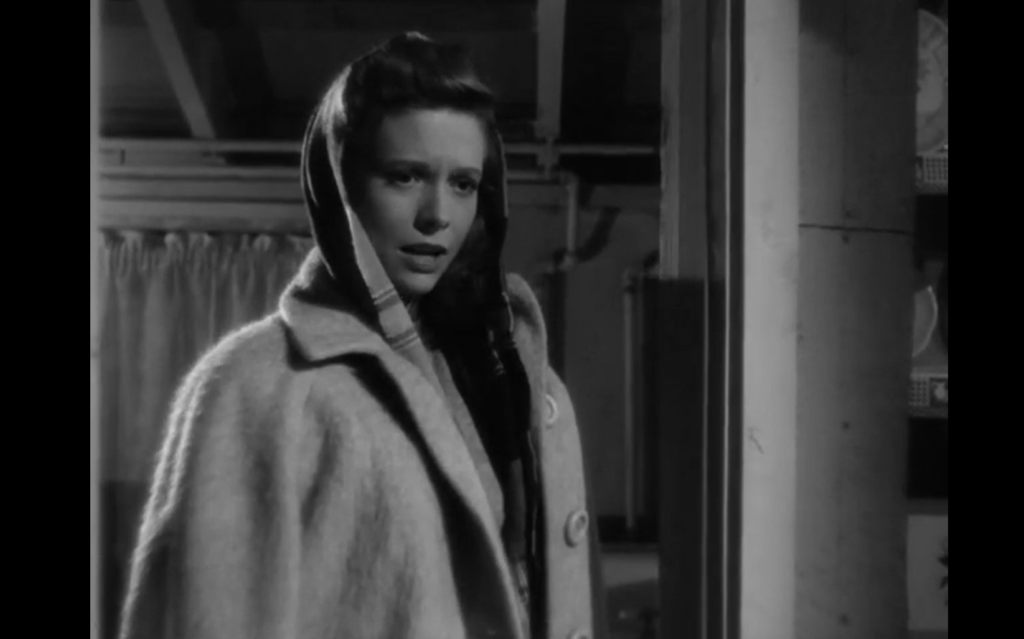
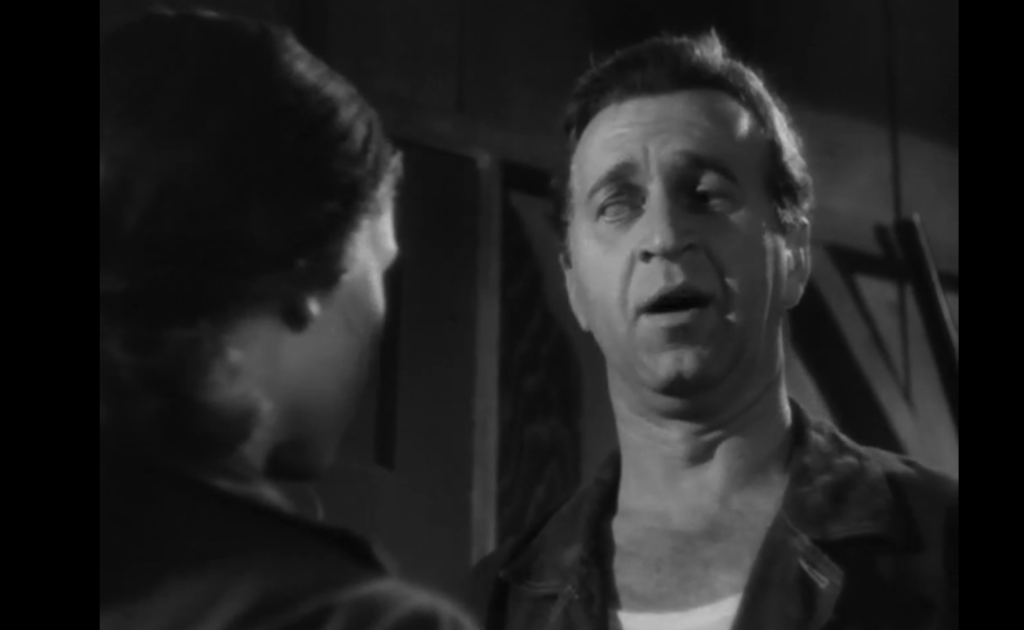
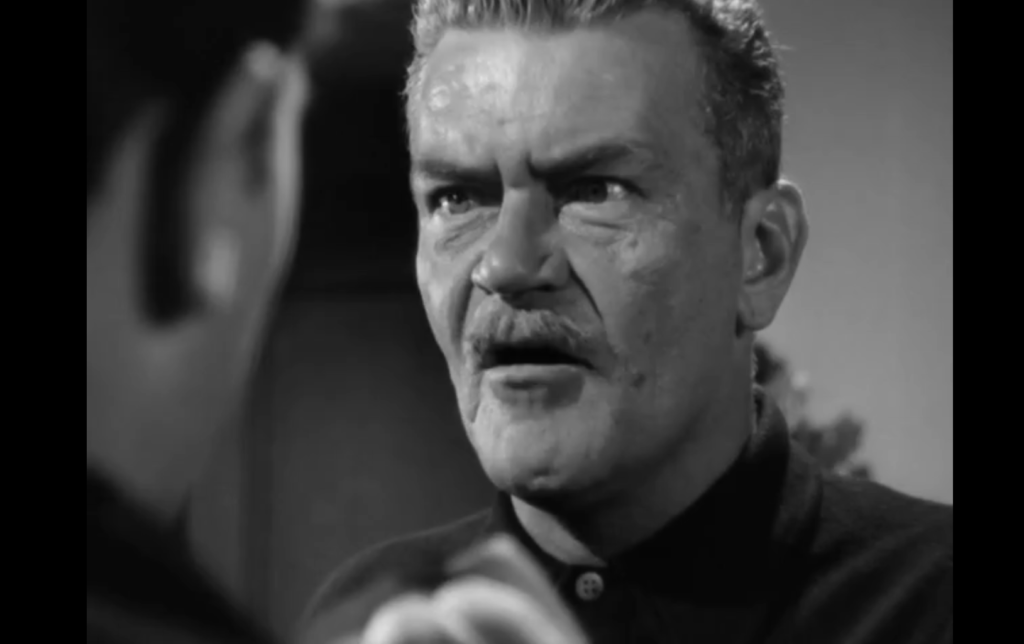
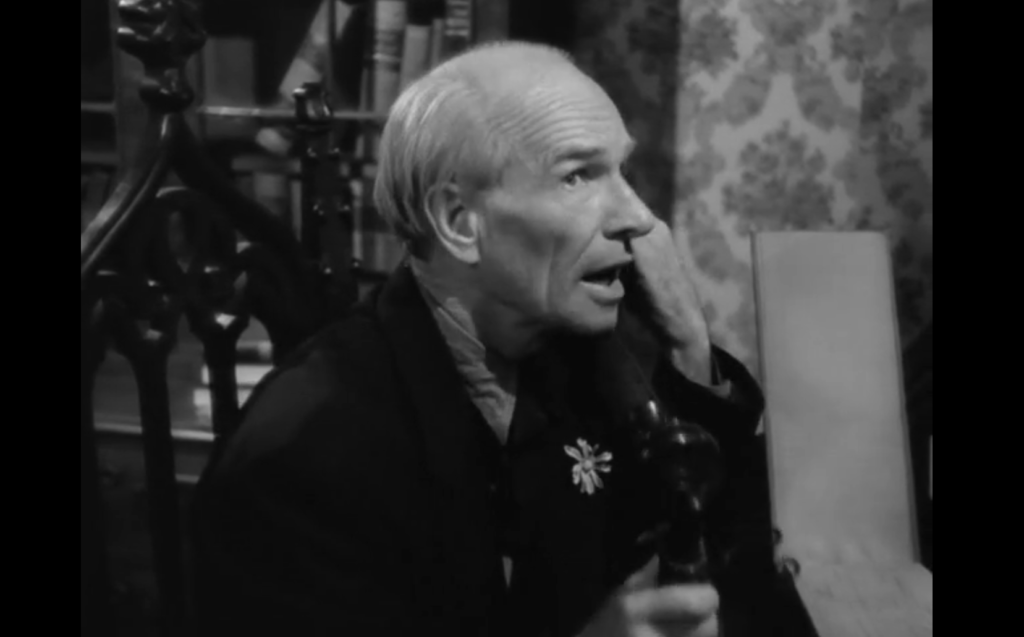
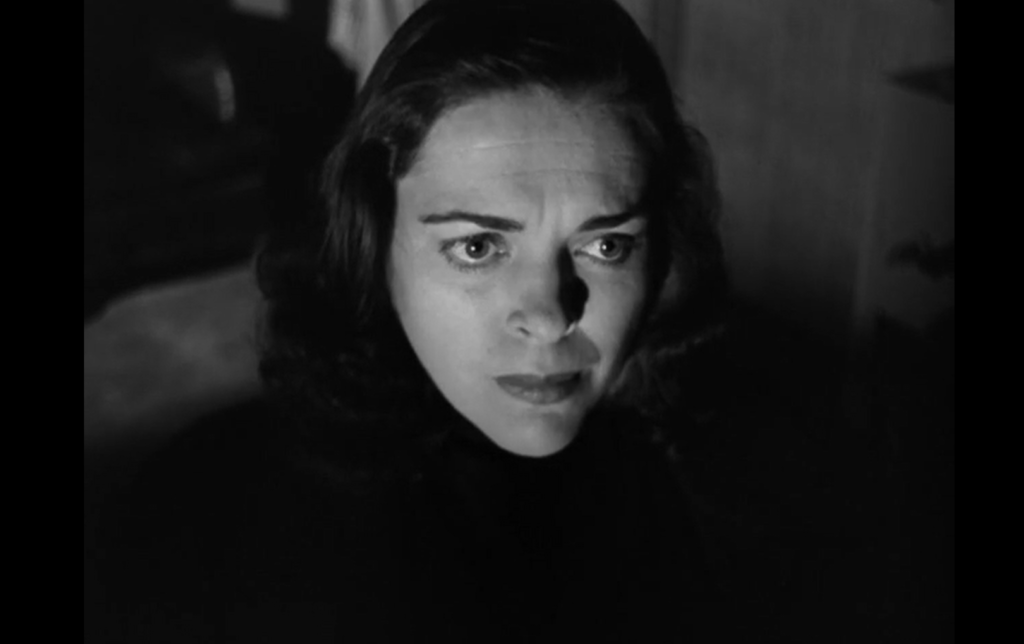
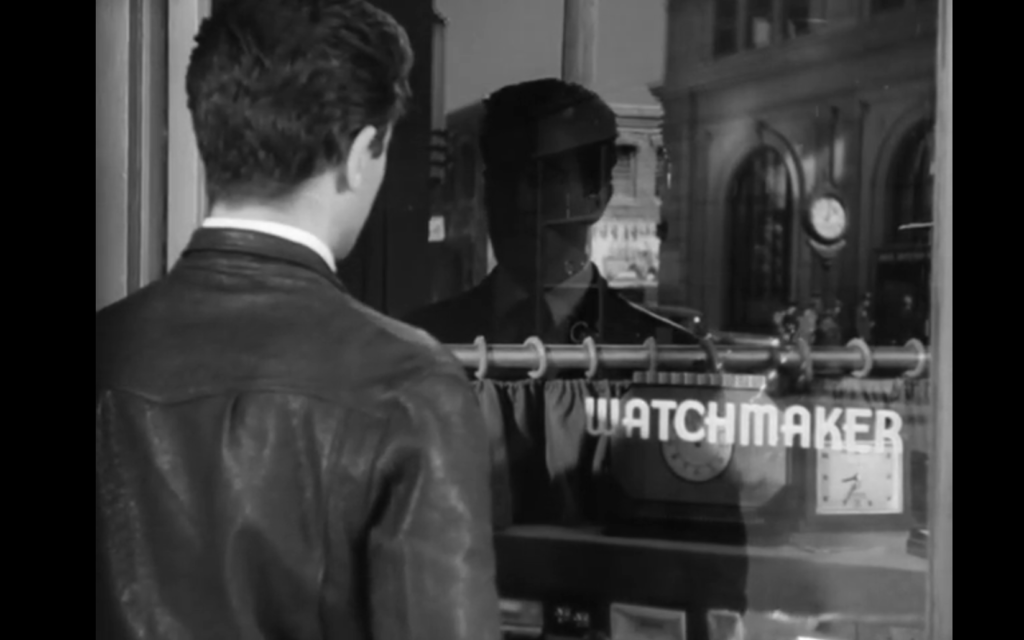
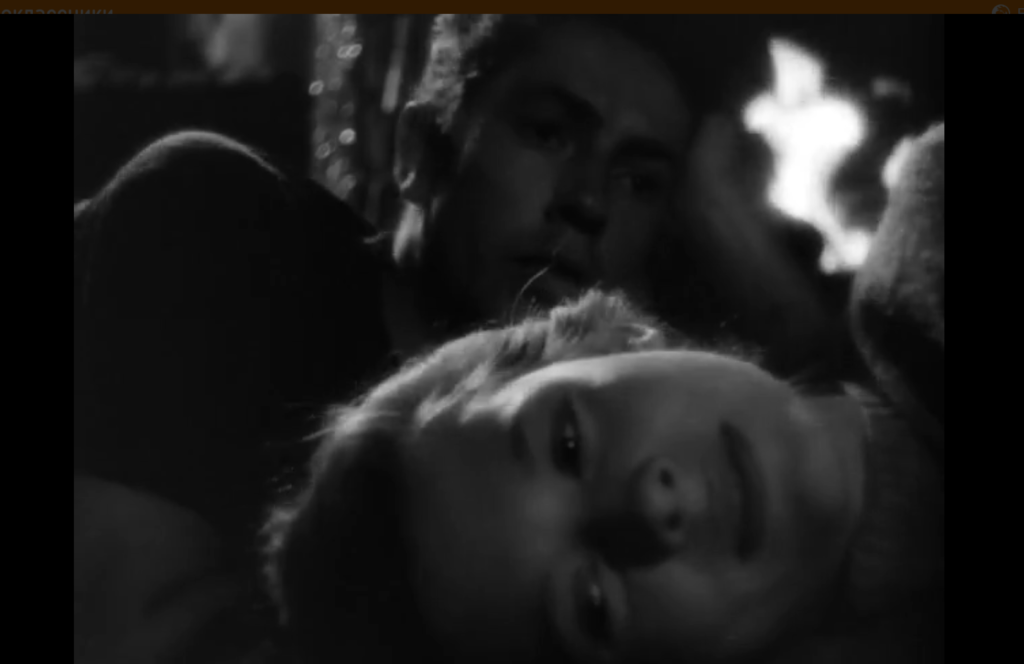
One thought on “They Live By Night (1948)”
Rewatch. Must-see, as one of Nicholas Ray’s best films. As posted in ‘The ’40s-’50s in Film’ (fb):
“You stay ’til tomorrow, then you go. … I’ll go with you, if you want.”
‘They Live By Night’ (1948): Director Nicholas Ray began his generally terrific career with this film noir with a difference: it contains a genuinely touching love story – one that blossoms and grows within a hard-boiled crime narrative. At the film’s core is a discovery that is likely the very last thing that the ill-fated lovers (Farley Granger and Cathy O’Donnell) ever expected to find. By the time they meet, life had been anything but kind to either of them – so, naturally, at first they’re very much on the defensive with each other.
That all changes. But life doesn’t; not the dark life they got themselves into, not the one that won’t let them leave. ~ which is all the more heartbreaking as you watch the two of them making brave (sometimes awkward) attempts at being normal.
When they were cast, both Granger and O’Donnell were more or less new to film. She had just appeared in ‘The Best Years of Our Lives’. Ultimately, O’Donnell’s overall career would not be particularly striking. Hitchcock saw Granger in this film and subsequently cast him in both ‘Rope’ and ‘Strangers on a Train’. But Granger’s career was not particularly major either.
Careers are bizarre animals. Seeing their remarkable performances here, one would think both actors would have catapulted to considerable fame. But ‘They Live By Night’ – for unknown reasons – did not click with audiences of its day. It’s now considered a worthy classic (and it was remade, less memorably, by Robert Altman with the story’s original title, ‘Thieves Like Us’) but, on its release, the film was an RKO gamble that (quite sadly) flopped.
In his debut with this film, Ray already shows himself to be a master filmmaker. His strong sensitivity is revealed in the way he navigates sterling (and richly detailed) performances from his actors. Even observing the smaller roles, it’s apparent that Ray encouraged nuance and personality quirks. As well, working with DP George E. Diskant (‘Desperate’, ‘The Narrow Margin’, ‘Kansas City Confidential’), the feel of the film is often electric, benefitting from sharp editing that often communicates a lot in brief ‘snapshots’.
Quite impressive in the supporting cast: Howard Da Silva, Jay C. Flippen and (barely known in film) Helen Craig.